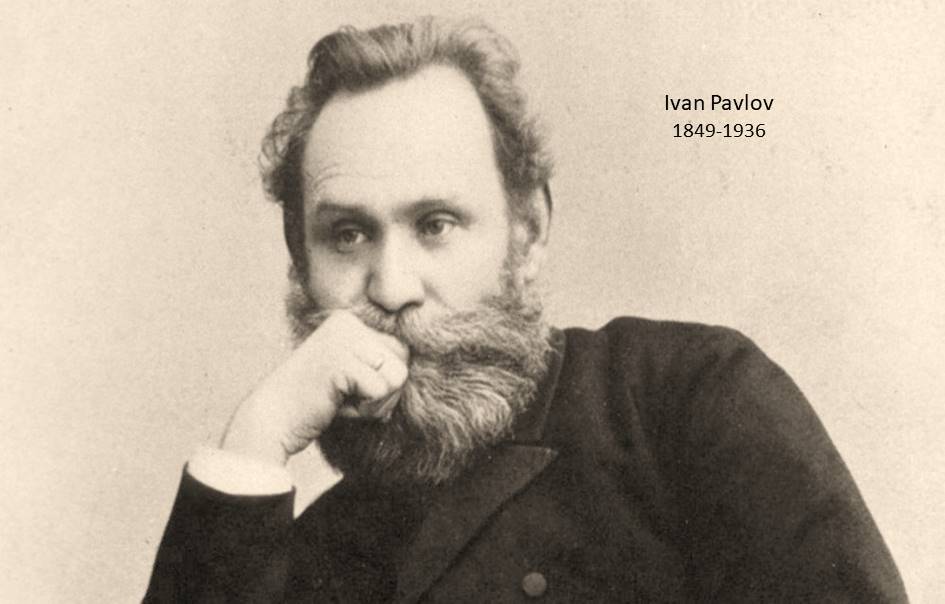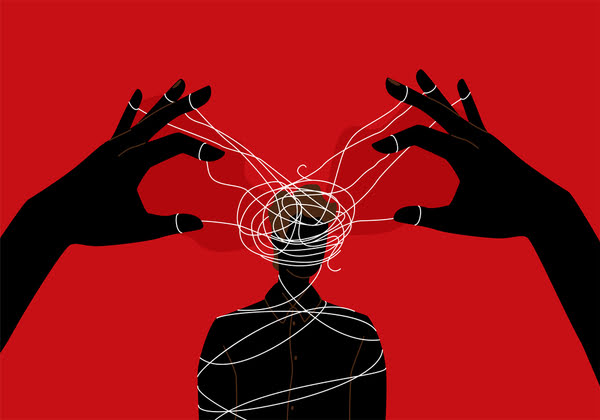Classical vs operant conditioning
Many people, including psychology students, teachers, and professionals, find classical and operant conditioning concepts confusing. So, I decided to provide a simple explanation of classical and operant conditioning processes. It can’t get any simpler than what you’re about to read. Classical and operant conditioning are two basic psychological processes explaining how humans and animals learn. …





